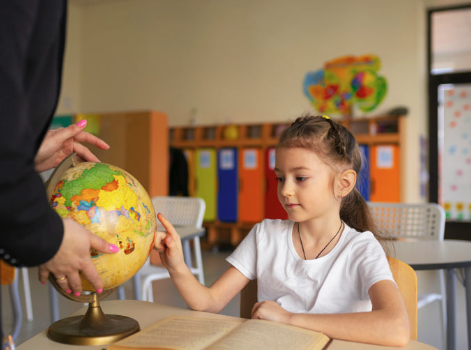In recent years, schools have placed greater emphasis on student well-being alongside academic achievement. Personalized learning, which tailors instruction to individual needs, not only supports academic success but can also contribute positively to students’ mental health. In 2025, educators are increasingly recognizing the connection between personalized learning environments and emotional well-being.
How Personalized Learning Supports Mental Health
By putting students at the center of their learning experience, personalized learning helps reduce stress, build confidence, and create a greater sense of belonging. It allows students to work at their own pace, explore subjects that interest them, and receive feedback that encourages growth rather than comparison.
Key Mental Health Benefits of Personalized Learning
- Reduced Academic Pressure
Students who can learn at their own speed often feel less overwhelmed. They have more time to process information and are less likely to feel left behind or rushed. - Increased Student Confidence
Personalized learning promotes self-awareness and goal setting. When students see their own progress, they build confidence and develop a more positive academic identity. - Stronger Student-Teacher Relationships
Teachers in personalized environments often act as mentors or coaches. These relationships help students feel seen, supported, and valued. - Improved Engagement and Motivation
Learning becomes more meaningful when students have choices and input. Motivation increases, which can lead to improved mood and lower feelings of frustration or disconnection. - Encouragement of Self-Reflection
Personalized learning emphasizes reflection, allowing students to better understand their emotions, learning habits, and stress triggers. - Flexibility to Support Emotional Needs
When students face challenges outside the classroom, flexible pacing and varied learning options give them room to manage stress and still succeed academically.
Building Supportive Learning Environments
A personalized classroom supports mental health best when it includes:
- Clear expectations and consistent routines
- Opportunities for peer collaboration and social interaction
- A balance of structure and choice
- Safe spaces for students to share concerns and seek help
The Role of Educators and Schools
Teachers can support mental health in personalized learning environments by:
- Checking in regularly with students
- Providing personalized encouragement and feedback
- Recognizing signs of stress or disengagement
- Collaborating with school counselors and families
Schools can further support these efforts by offering professional development in social-emotional learning, promoting wellness initiatives, and ensuring access to mental health resources.
Moving Forward
In 2025 and beyond, the integration of personalized learning and student well-being will continue to grow. Schools that support the whole student—academically and emotionally—are creating more resilient, confident, and empowered learners.
By combining personalized instruction with mental health awareness, educators can create classrooms where every student feels safe, supported, and ready to succeed on their own terms.














